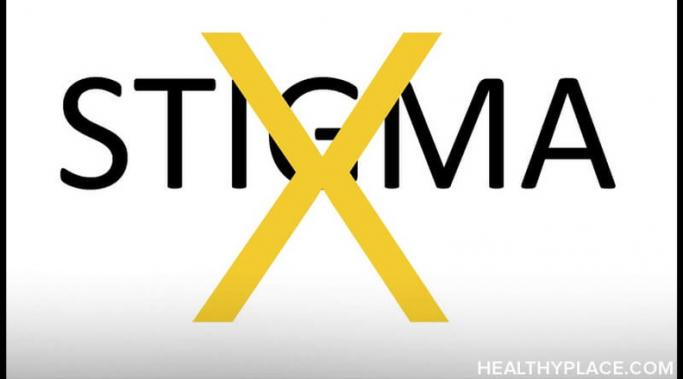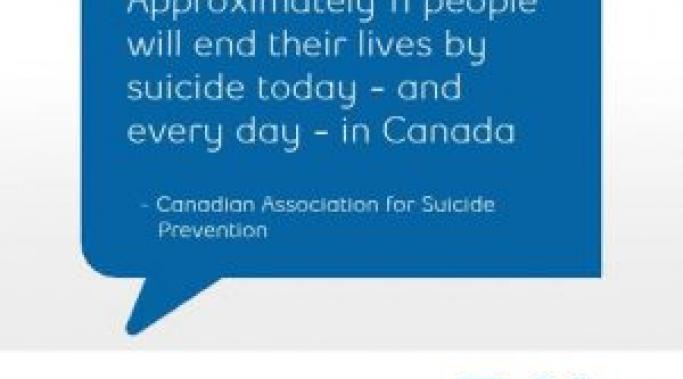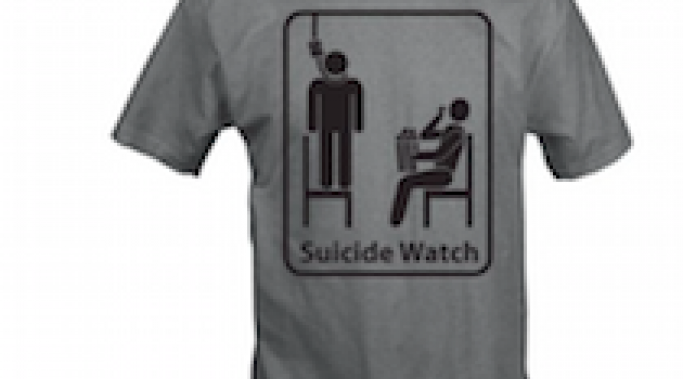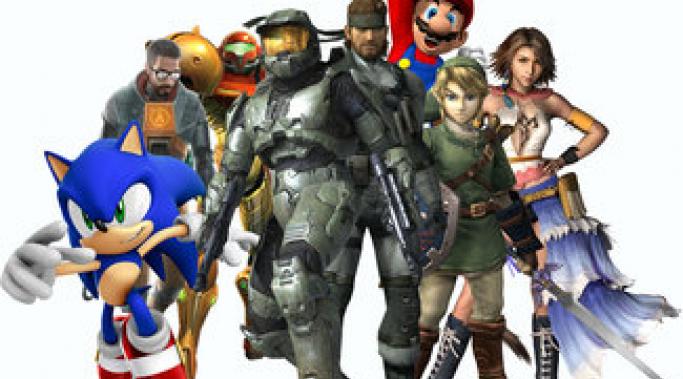Mental health labels can cause self-stigma, but they don't have to. An interesting realization came to me the other day. When I think about it now, it kind of seems self-evident, but it really struck me just how much of an issue it is. I’m talking about the self-stigma we feel when it comes to labels – whether the generalized “mental health” or “mental illness” label or more specific ones like depression or bipolar or whatever mental illness it is you deal with. But you can remove self-stigma from mental health labels.
How to Combat Stigma
You can use social media to combat mental health stigma. In today’s day and age, the Internet provides us with memes, cat videos, celebrity news, and Facebook plus other social media platforms, among other things. A lot of people would scoff and say some people spend too much time online and not enough time interacting with others. I can agree with this to some degree – that we see more online interaction than face-to-face interaction sometimes – but I think people who demonize the Internet are failing to see the amount of good it can do if we use social media to combat mental health stigma.
Sometimes corporations promote mental health stigma. I saw an example of this recently and knew I had to write about it. Corporations may not know they promote mental health stigma but sometimes they do it anyway.
The holidays can be a time of mental health stigma. The holidays can be a wonderful time of the year; the sparkle of tinsel and coloured lights, the cheery tunes on the radio, gift giving, and time with friends and family all contribute to the festive air. What a lot of people don’t realize is all that festivity can become a time of struggle for those with mental health issues (Your Mental Health and the Holiday Season). Those with mental illness may have to survive mental health stigma through the holidays.
Social anxiety disorder (SAD) is a stigmatized disorder, and we need to separate social anxiety disorder and shyness to decrease stigma (What Is Stigma?). Some people say that people with SAD are just shy, which is perceived as cute, and if we were to go out more it wouldn’t be so bad. This belief does not separate shyness from social anxiety disorder, and they are not decreasing the stigma around social anxiety disorder.
Dealing with mental illness stigma is manageable and I have learned this truth through the many experiences that I have had to face in my life (What Is Mental Illness Stigma?). However, it had been quite some time since I have felt severely stigmatized due to having bipolar disorder.
I am very open with the state of my mental health, and one of my main goals in life has been to eradicate mental illness stigma in every way possible. I even created the Bipolar Disorder Society of British Columbia, and I work immensely hard to provide assistance and education to people who are dealing with mental illness stigma. My hope is to truly instill in others that dealing with mental illness stigma is manageable.
Video games can help reduce the stigma of mental illness as popular video games fictionalize real life scenarios for entertainment. Video games that fictionalize the state of the world are often irresponsible and damaging, likely due to the portrayal of the video game’s interactive characters. Role-playing type games hold immense power by influencing our lives, but often negatively demonstrate the stigma of mental illness.
However, the game genre is an ideal place to work on improving mental health education by, instead, reducing the stigma linked to mental illness, and this is an opportunity to contribute to positively shaping the perceptions and attitudes of our population, especially our youth. Video games can help reduce mental illness stigma.
The stigma of experiencing side effects due to a mental illness may cause great concern for many people. Mental illness stereotypes can be disturbing at times, as people perceive an individual in a straight-jacket, or a person in pale pajamas behind an asylum’s bars. Further, the side effects of mental illness are physical clues that point to the condition, and when people’s perceptions are accurate, it can be extremely stigmatizing for someone who is actually suffering with the side effects of having a mental illness.
Language can stigmatize people with mental illness, and I am quite sensitive to noticing all of the words that seem to counteract society’s movement toward removing stigma for people who live with mental illness. Do you ever cringe when you hear the word "crazy" or "psycho?" I do. I feel that we have come so far in many respects in shaping our stigmatizing language for the good of many groups such as the terms, "gay," "retarded" or "lame," so why are we still so stigmatizing with language when it comes to mental illness?
Politics and the impact of mental illness stigma is a topic that has intrigued me for a number of years, and the discussion of politicians experiencing mental illness stigma raises a number of important points and questions. There are many politicians who certainly do have a mental illness, but you will never know about it, especially if it is a highly stigmatized mental illness such as schizophrenia. It is unfortunate that several stigmatized individuals in our society assert that because you have a mental illness, you cannot, and should not, rightfully be a person who can be trusted to represent the interests of society on the political stage.








